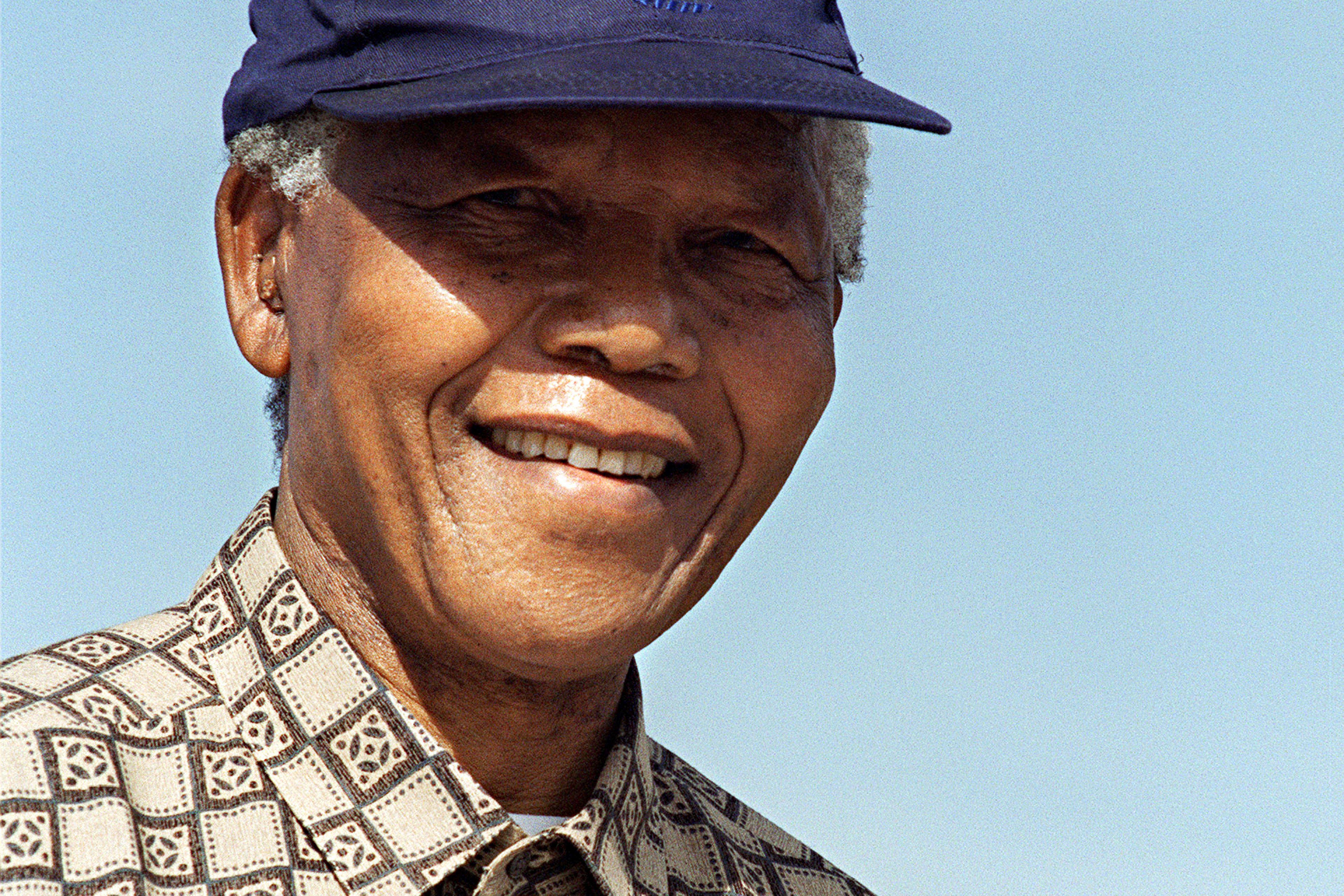This question originally appeared on Quora.
Answer by Paul Denlinger, China strategy, business, marketing, and finance analyst:
I attended a small private event for Nelson Mandela in August 1993 in Taipei, Taiwan. This event was hosted by Taiwan’s Foreign Ministry, and he was given an honorary Ph.D. by a Taiwanese university. The real reason was to extend feelers to Mandela and the African National Congress (ANC) because Taiwan (official name: Republic of China) had supported South Africa’s apartheid governments and had strong economic and cultural ties with Pretoria. The reason for this support was because both Taiwan and South Africa were considered to be pariah states, and their economies were highly complementary.
By 1993, it was clear that Mandela would run for president in the first multiracial elections in South Africa and was likely to win. Moreover, his party, the ANC, had close ties with Beijing. These ties were forged over the years while the ANC was a banned organization and when Mandela was in jail. It would be natural for a new ANC government to switch diplomatic ties from Taipei to Beijing.
Because of the sensitive nature of the meeting, there was almost no media, no security personnel, no one from the South African Embassy in Taipei, and not even Mandela’s wife. Mandela just attended by himself, accompanied by Foreign Ministry and university personnel. He gave a short speech about the importance of education and learning, and there was some informal conversation afterward.
He seemed very different to me in person than from the image we have seen described in the media and on television. The friendly, smiling charmer of small children was not there. Instead, he struck me as a very shrewd politician who spoke in a very measured manner, giving careful thought to every word he said. At the time, I thought that this was because of the very sensitive nature of the meeting. Some of his closest allies and comrades in arms, especially Walter Sisulu, were very pro-Beijing, and Mandela deliberately wanted to keep his visit to Taiwan very low-profile and unofficial. He came to Taiwan very much at the behest of F.W. de Klerk, South Africa’s last apartheid-era president, to see if there was some way to preserve official relations between South Africa and Taiwan after Mandela became president. This was a very difficult call for Mandela because although he and the ANC considered Beijing a close ally, Taipei had never done anything to hurt South Africa or to harm the interests of black South Africans. In fact, Taiwan businesses had been a major investor in South Africa. As a precondition for the establishment of diplomatic relations between South Africa and China, South Africa would have to sign a communique recognizing the PRC (Beijing) as the sole legitimate government of all China, including Taiwan.
So, the China-Taiwan diplomatic recognition issue presented a real dilemma for his government. While it was clear that South Africa would eventually establish diplomatic relations with Beijing, the bigger question was: How would this process be handled?
In the end, his administration handled it very gracefully. At President Mandela’s inauguration in 1994, Taiwan’s then-President Lee Teng-hui was invited. Mandela could then have quickly announced diplomatic recognition of Beijing, but instead he deferred the announcement until Dec. 31, 1996, until he was more than two years into his term. Moreover, the announcement stated that diplomatic relations with Beijing would not start until Jan. 1, 1998, giving Taiwan’s diplomats one year’s time to manage the transition.
While Taipei was disappointed at the diplomatic loss, it was handled much better than most diplomatic breaks Taiwan had been through. And Beijing won diplomatic recognition by the largest economy in sub-Saharan Africa on its own terms.
From this meeting, and from the way this issue was handled, I formed the following thoughts about Mandela:
- Mandela was a very shrewd politician who was very conscious of his image and how he was perceived by others.
- He realized that in politics form and substance are often inseparable.
- He would not try to curry the favor of his closest allies on the ANC or Beijing by publicly humiliating Taipei.
- Old friends would not be sacrificed to gain new friends. Loyalty is not a trait associated with most politicians, but Mandela had it.
- He was willing to make friends and treat people with respect, even if many of them hated each other. For instance, he was friends with Yasser Arafat and President Shimon Peres of Israel.
- He was willing to disagree with others but would not let this poison the relationship. A disagreement was just a disagreement.
- He stayed his own man and spoke his mind, and he won everyone’s respect in the end.
More questions on Nelson Mandela:
